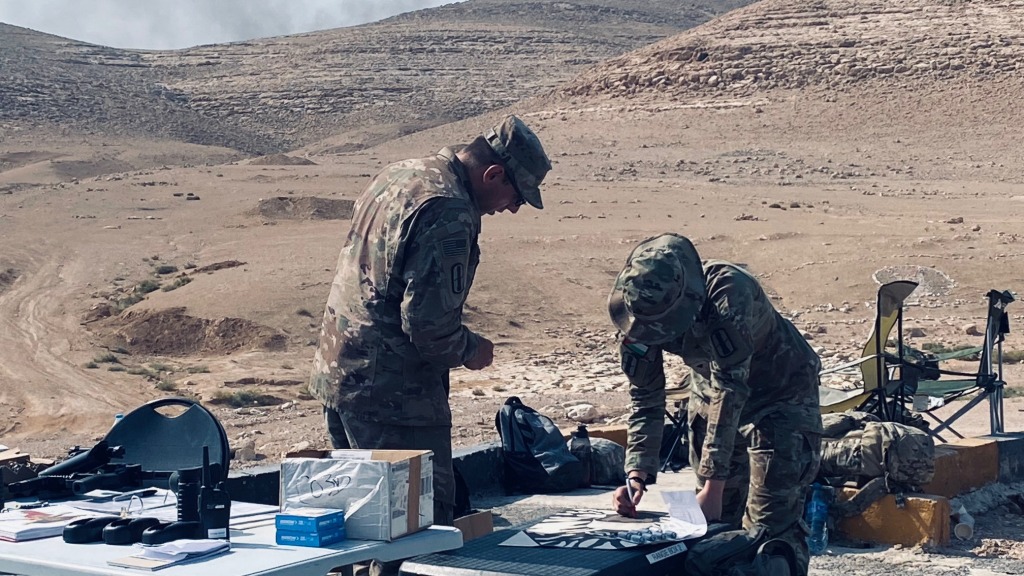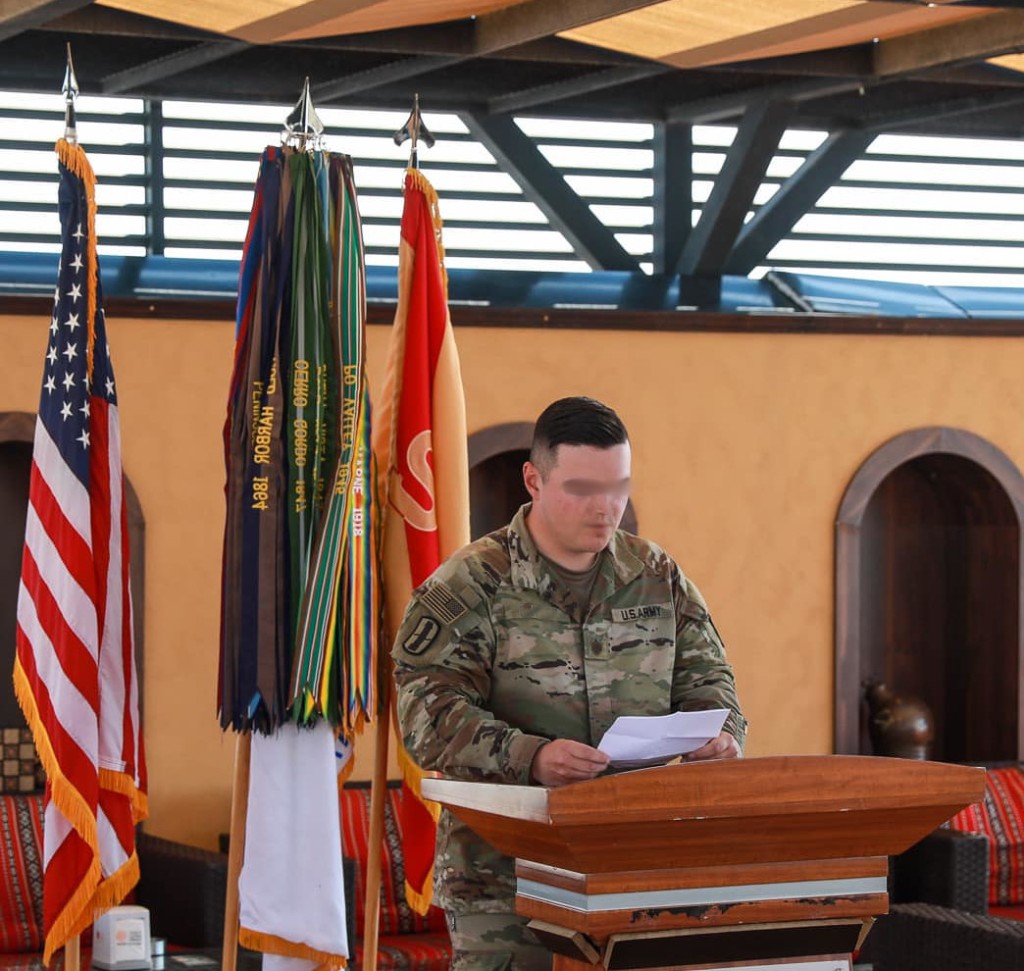George Washington said something like you can tell much about a nation by the way they treat their veterans. Sadly, with less than 25% of our population qualified to serve, and less than 1% stepping up to serve, most Americans have no idea about the sacrifices required to protect liberty. Twice each year, I divert from my usual talks on leadership to discuss veteran topics. Those occur on Memorial and Veterans Days. I feel, as a combat veteran, it is my obligation to share some thoughts on veteran issues during this time. Too many citizens offhandedly thank veterans here and there for their service without truly understanding the sacrifice. I hope each essay brings a measure of understanding for those support our troops but never served.
On Memorial Day you will hear combat veterans use the phrase, “All gave some; some gave all.” How do you give all you may ask? Every veteran contributes to the cause in some way. It does not matter whether you serve as an Infantryman, a fighter pilot, a safety officer on a carrier, unit clerk, or truck driver; every person has an important position in the military. Each thinks, and rightly so at times, their job is the most important. You see without the supply clerk to load the truck, and without the driver to drive the truck, or the MP to guide and secure the truck, the ammunition would never arrive at the firing battery, foxhole, or airfield for the cannon cockers, grunts, and flyboys to close with and destroy the enemy. Someone has to make sure all these people are paid and medically ready. Somebody has to tell their story. Every Soldier, Marine, Sailor, Coastie, and Airman is potentially a target for the enemy. As you can see everyone gives something to the cause. None are ever sure when they will be asked to give everything, including their lives, to the cause. All are at risk. Members of every branch and career field have died serving their country. That is why we have Memorial Day, to remember their sacrifices.

-Photo by author
Not all combat related deaths occur on the battlefield. With today’s modern medicine, and forward deployed combat lifesavers, combat injuries are more survivable. Those injuries are still traumatic, preventing some individuals from fully recovering. Many die earlier in life than would be expected. Those deaths are not counted as combat deaths, even though the injuries that caused those deaths happened on the battlefield. We must remember them as well.
Not all military injuries are visible. Traumatic brain injury came into the spotlight as a result of the Global War on Terror. Like other combat injuries, this one also has the potential to shorten service members’ lives in two ways. The first is the lingering injury causes the death, as it may never fully heal. Additionally, those suffering from TBI may turn to another veteran cause of death, suicide.
On an average day, 22 service members and veterans commit suicide. I saw a statistic over the winter that claimed more service members have died from suicide since 2001 than died in all the fighting in Iraq and Afghanistan. You’ll note, there is no reference because I could not find it in time for my deadline. However, 22 suicides per day spread out over 22 years comes out to over 170,000 deaths. Iraq and Afghanistan account for under 10,000 combat deaths. I believe the number without having to find the original reference.

-Photo by author
Veteran suicide remains a big problem. Learn ways you can help a veteran in crisis. Recognize when someone is struggling. For a long time, the Army used the ACE model to help service members remember how to render mental health first aid. Ask the person if they are thinking of killing or hurting themselves. I am assured by mental health professionals that your asking will not put the idea in their head, so ask. Call for help. Depending on the circumstances, you should call 911 if there is already a life-threatening situation. If the veteran is expressing suicide ideation, call 877-4AID-VET ((877) 424-3838), or 988 the nationwide suicide hotline. E stands for escort, which means staying with the person in crisis until you arrive at an appropriate treatment facility, or the help you called for arrives. Following these simple steps will make you a hero for our heroes.
As the unofficial start of summer arrives, take time to gather with family and friends to attend a Memorial Ceremony or Parade. Really look at the names of the real people who appear on those war monuments. Each was a son, daughter, brother, sister, father, or mother and certainly someone’s battle buddy. If you thank a vet, ask an appropriate question about his or her military service, such as, “What was the best part of serving?”, “What is your best memory?”, “Why did you decide to serve?”, or something similar. Then listen to the story and ask suitable follow-up questions. If you are particularly attentive, you might actually hear things veterans rarely tell others. It will help you understand the saying “All gave some; some gave all.”

